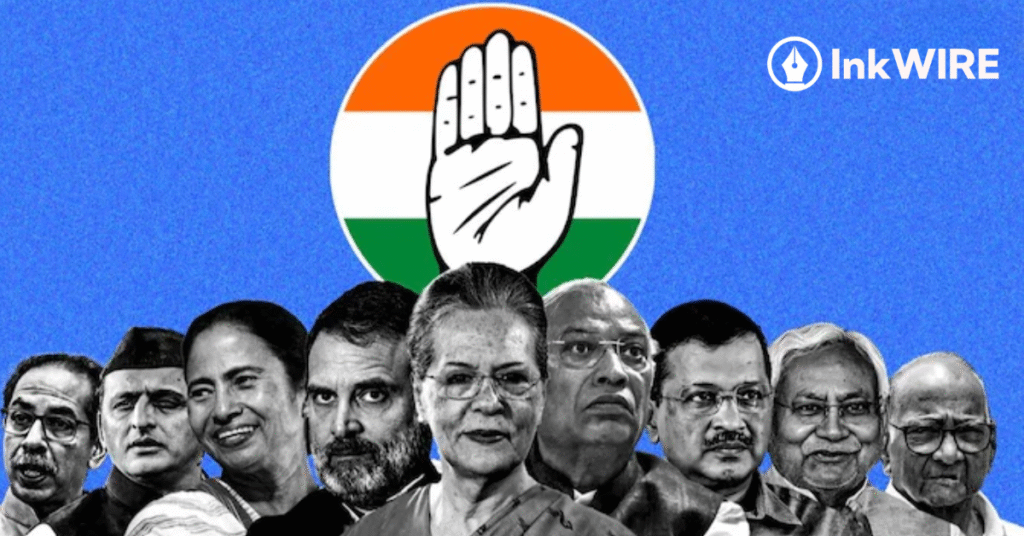
The Opposition INDIA bloc is actively considering bringing an impeachment motion against Chief Election Commissioner (CEC) Gyanesh Kumar. This major political development follows escalating tensions over allegations of “vote theft” and alleged electoral roll irregularities, especially highlighted by Congress leader Rahul Gandhi’s accusations of malpractices in states like Karnataka and Bihar during the 2024 Lok Sabha elections.
What Triggered the Move?
- Rahul Gandhi’s Allegations: Rahul Gandhi accused the Election Commission of enabling large-scale voter list irregularities and “vote chori” (vote theft). In response, CEC Gyanesh Kumar gave Gandhi a seven-day ultimatum to either submit a sworn affidavit substantiating his charges or issue a public apology, warning that otherwise, his claims would be considered baseless and an insult to the Constitution.
- Press Conference Clash: The Election Commission, led by Kumar, denied all irregularity accusations at a press conference, while refusing to address certain opposition questions. This escalated friction with the Opposition, which claims the EC is showing favoritism toward the BJP and threatening Opposition leaders.
Opposition’s Arguments
- Grounds Cited: INDIA bloc leaders state that their impeachment proposal is based on two core allegations: threats issued to Opposition leaders by the poll body and perceived favoritism towards the ruling BJP in recent electoral processes.
- Constitutional Duty: The bloc asserts that the right to vote is fundamental and that the EC is failing in its constitutional responsibility by ignoring or evading legitimate Opposition concerns about the special intensive revision (SIR) of voter rolls and allegations of “illegal immigrants” on lists.
The Impeachment Process
- Removing a CEC requires following a process similar to the removal of a Supreme Court judge—as per Article 324(5) of the Constitution and relevant laws.
- A notice signed by at least 50 Rajya Sabha members or 100 Lok Sabha members must be admitted, and then a motion must be passed by a two-thirds majority in both Houses of Parliament, citing “proved misbehaviour or incapacity.”
- INDIA bloc leaders acknowledge the difficulty of getting the required majority, suggesting the move is primarily intended as a symbolic protest and a pressure tactic to register strong opposition.
Current Status and Next Steps
- The proposal was discussed and reportedly approved at a Monday morning meeting of INDIA bloc partners ahead of the day’s Parliament session. A formal announcement and signature drive are set to follow.
- The bloc plans to continue protesting in Parliament and outside, refusing to engage with the government on unrelated discussions as a mark of protest.
Broader Reactions
- The BJP and its allies have dismissed the impeachment efforts, framing them as politically motivated disruptions aimed at derailing parliamentary proceedings and protecting questionable interests.
- The Election Commission, meanwhile, maintains that its operations are neutral, transparent, and strictly constitutional.
In summary: The INDIA bloc’s consideration of an impeachment motion against CEC Gyanesh Kumar marks an escalation in Opposition-government tensions. While the motion is unlikely to succeed numerically, it underscores deepening mistrust between political factions over the functioning of Indian democracy and its institutions







